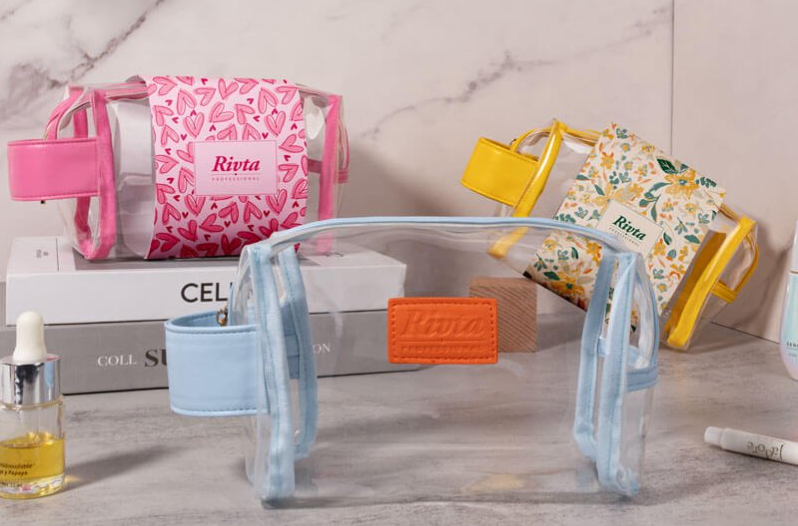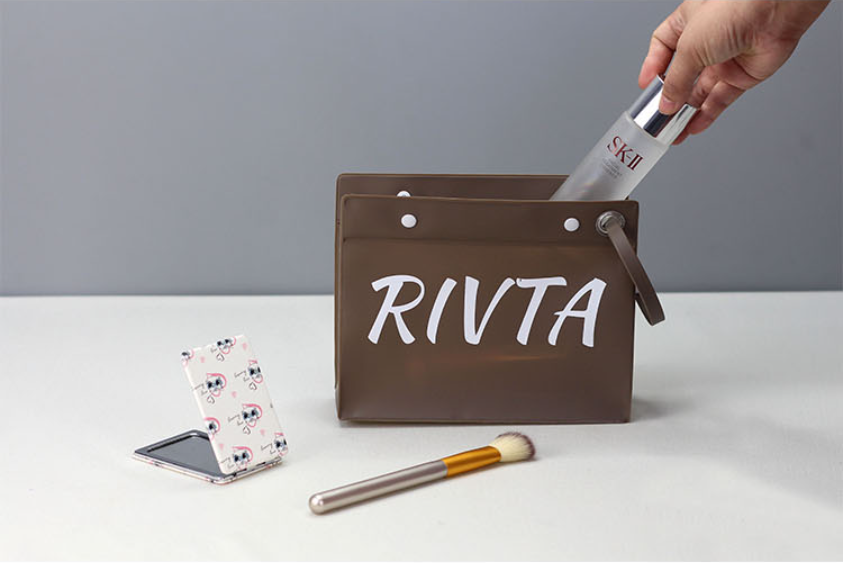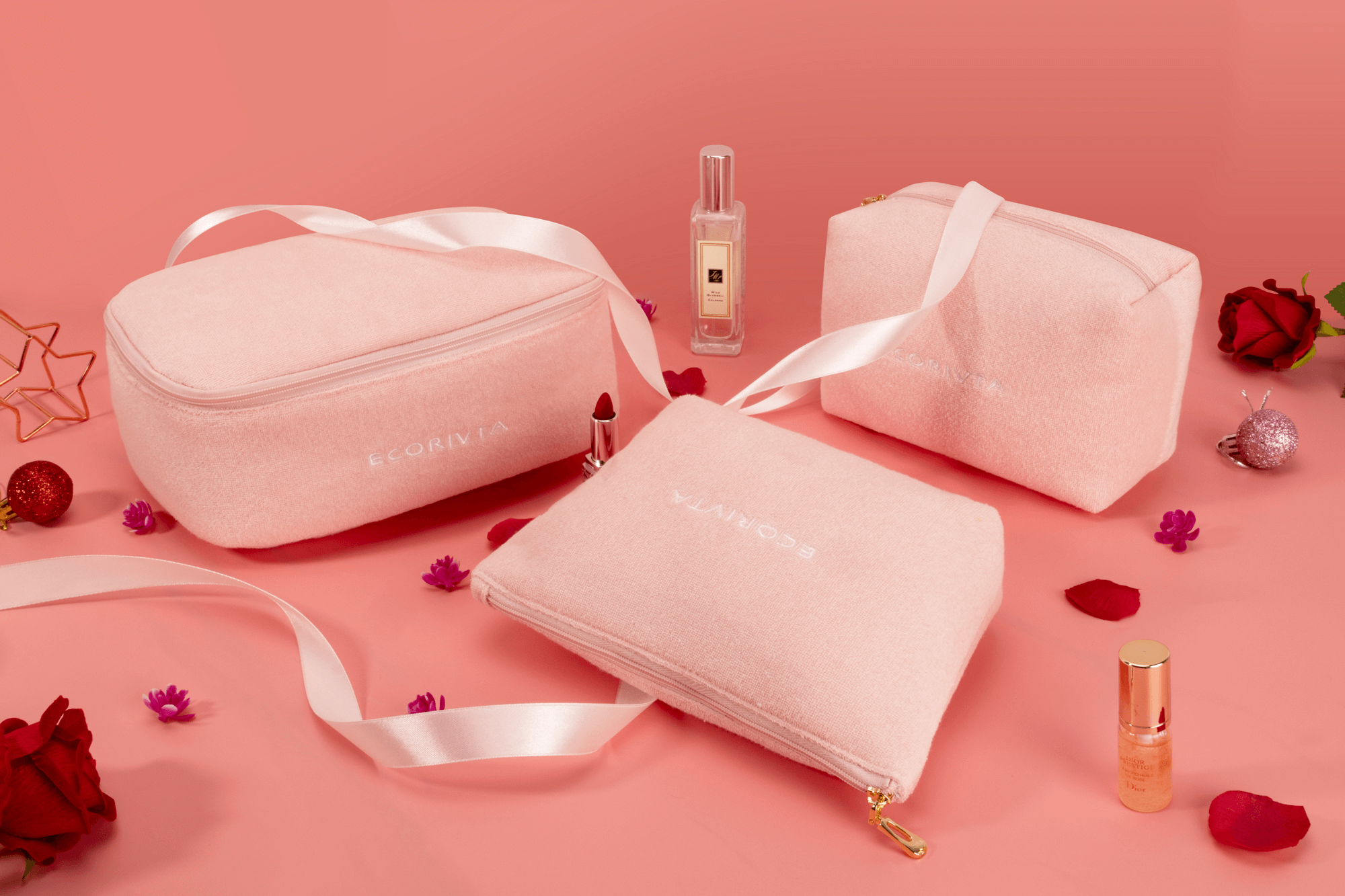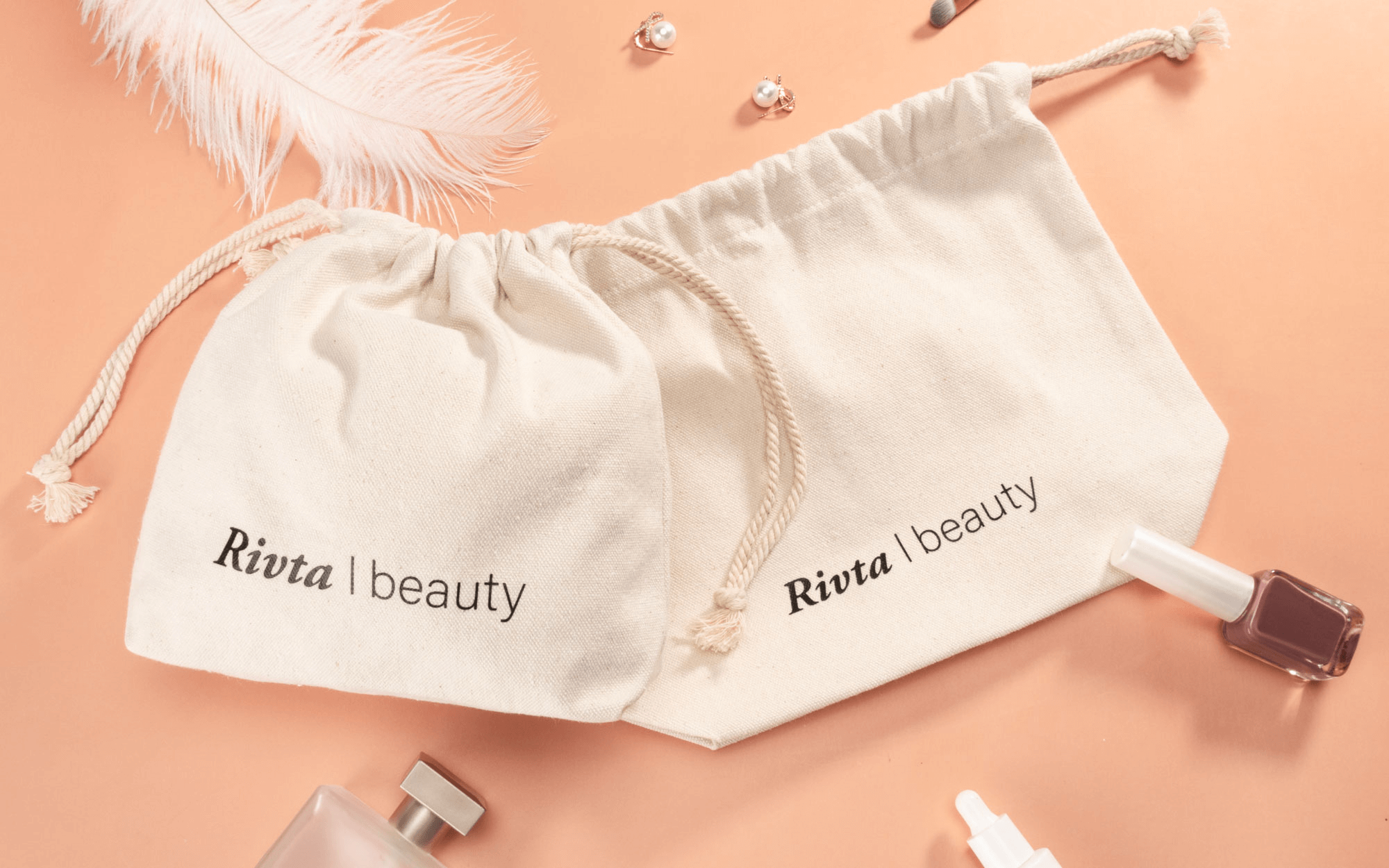Plastic-Free Luxury, Real Results: How Bamboo Fiber Cosmetic Bags Transform Brands
I. The Shifting Landscape of Brand Responsibility
Consumer priorities are shifting. Performance alone no longer defines product appeal—alignment with personal values now plays a decisive role in purchasing decisions. For brands in the luxury and gifting sectors, this creates both a challenge and an opportunity: how to preserve the allure of premium quality while proving a sincere commitment to environmental responsibility.
Packaging is often the first impression a brand makes—and increasingly, traditional plastic-based options are seen not as luxurious, but as wasteful. With mounting awareness of their environmental toll, more brands are seeking materials that embody both beauty and purpose. Among these, bamboo fiber cosmetic bags have emerged as a standout alternative: elegant, durable, and deeply sustainable.
This article explores how bamboo fiber bags can do more than support eco-goals—they can help reposition a brand in a values-driven market. We'll look at how this material delivers environmental advantages while offering a distinct aesthetic edge, helping brands connect with conscious consumers and build long-term credibility. One refined, responsibly made bag at a time.
II. The Imperative for Sustainable Materials: Beyond Greenwashing
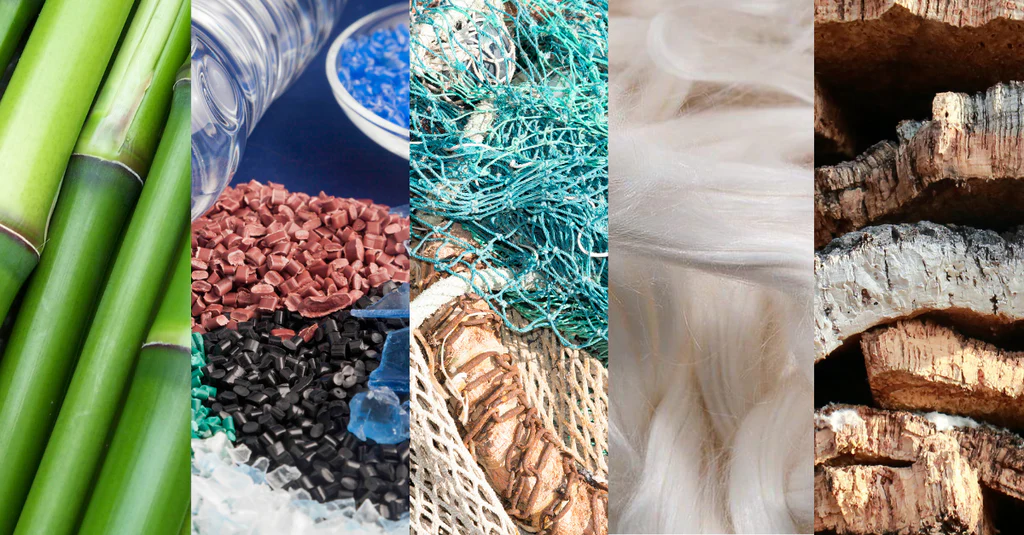
The beauty industry—dynamic, innovative, and influential—is also one of the most resource-intensive. With an estimated 120 billion units of packaging produced each year, much of it ending up in landfills or oceans, the environmental impact is impossible to ignore. What was once a niche concern has become an industry imperative: sustainable packaging is no longer optional, but essential. Today, environmental responsibility must be demonstrated—not just stated—for brands to stay relevant and earn consumer trust.
Building a truly sustainable packaging strategy is complex. It demands more than aesthetic appeal or surface-level claims; it requires a thorough understanding of materials, their origins, and their end-of-life impact. The age of greenwashing is fading fast. Consumers—especially those drawn to thoughtful gifting and lifestyle products—are better informed than ever. They expect transparency and action, not buzzwords.
Material selection lies at the heart of this transformation. While conventional plastics offer convenience and low cost, their environmental consequences can last for centuries. Natural fibers, on the other hand, offer a compelling path forward—with renewability, biodegradability, and a reduced reliance on finite resources. For brands seeking to balance beauty with responsibility, choosing better materials isn't just a gesture—it's a strategy.
The following table illustrates the stark differences in environmental impact between common packaging materials:
| Material Type | Primary Source | Environmental Impact (Production) | Decomposition Time | Key Environmental Concerns |
|---|---|---|---|---|
| Traditional Plastic (e.g., PET) | Petroleum | High (energy, emissions) | Centuries | Landfill burden, ocean pollution, microplastics |
| Bamboo Fiber | Renewable Bamboo Plant | Low (sustainable growth) | 2-3 years | Processing methods (can vary) |
| Organic Cotton | Cotton Plant | Moderate (water, land use) | Weeks to months | Water consumption, land use (if not organic) |
| Glass | Sand, Soda Ash, Limestone | High (energy for melting) | Millions of years (recyclable) | Energy consumption, weight (transportation) |
| Aluminum | Bauxite Ore | High (energy for mining/processing) | Centuries (recyclable) | Energy consumption, mining impact |
This comparison underscores why natural fibers, particularly bamboo, are gaining prominence. The ability of bamboo fiber to decompose completely within a few years, as opposed to the centuries required for synthetic materials, makes it an exceptionally attractive option for brands committed to a circular economy. It's not just about reducing waste; it's about rethinking the entire product journey to ensure a positive impact at every stage.
III. Bamboo Fiber: A Material of Distinction for Discerning Brands
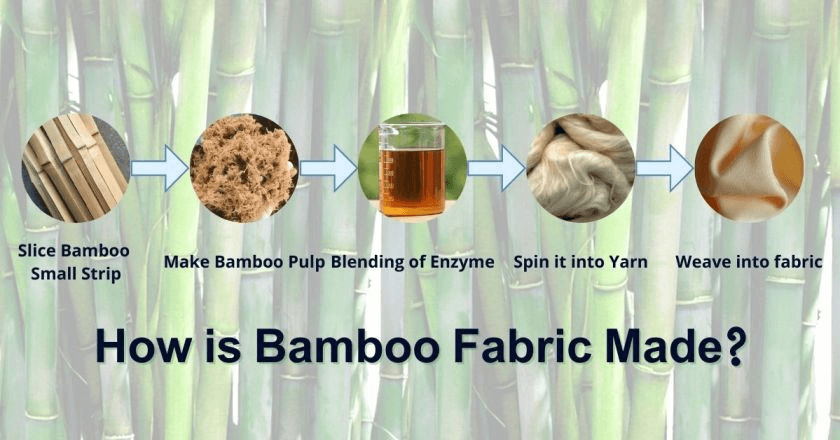
Bamboo: Nature's Fastest-Growing Wonder
Among today's wide range of sustainable materials, bamboo stands out as a truly remarkable resource—especially for applications that call for both environmental responsibility and a touch of refined quality. Often mistaken for wood, bamboo is actually a type of grass. Its biological characteristics make it an unparalleled choice for eco-conscious manufacturing. Certain bamboo species can grow up to 91 centimeters (about 3 feet) in a single day, reaching maturity in just 1 to 5 years—far outpacing traditional timber and making it one of the most renewable resources on the planet.
Regeneration Without Replanting
What truly sets bamboo apart is its regenerative power. Unlike many crops that require replanting after harvest, bamboo regenerates naturally from its root system. This means no additional planting, less soil disturbance, and minimal use of agricultural resources. It's a highly efficient, low-impact crop—making it an ideal choice for sustainable production.
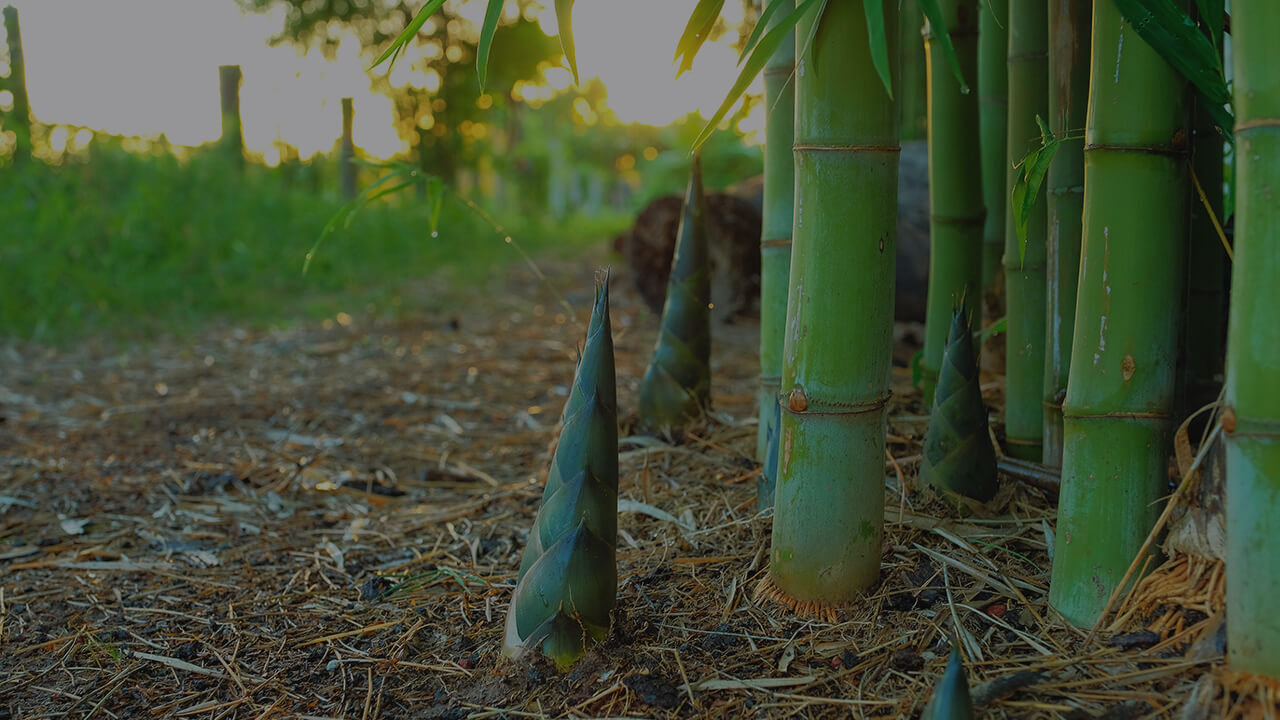
Naturally Antibacterial, Perfect for Beauty
Beyond sustainability, bamboo fiber offers built-in advantages for beauty products—most notably, its natural antibacterial properties. Bamboo contains a bio-agent called bamboo kun, which inhibits the growth of over 70% of bacteria on its surface. For cosmetic bags that hold items used directly on the skin, this natural defense helps preserve hygiene and product integrity—without relying on chemical treatments. It's a win for both safety and sustainability.
A Luxurious Feel, Grown Green
Thanks to advances in eco-friendly processing, bamboo fiber can now be mechanically produced with minimal chemical input—resulting in a material that is as gentle on the planet as it is on the skin. The fiber has a soft, silky texture and excellent moisture-wicking properties, creating a breathable and protective environment for cosmetics. It's a sustainable material with a premium finish.
Strength, Durability, and a Clean Return to Earth
Bamboo isn't just beautiful—it's strong. Its mechanical strength can be up to three times greater than that of traditional timber, making it a robust, long-lasting material for cosmetic bags. And when the product reaches the end of its lifecycle, bamboo fiber is fully biodegradable and compostable—returning to the earth naturally, as long as no harmful chemicals were added during processing.
Here's a summary of the key attributes that make bamboo fiber an exceptional choice for cosmetic bags:
| Attribute | Description | Benefit for Cosmetic Bags |
|---|---|---|
| Rapid Renewability | Grows up to 91 cm/day; matures in 1-5 years; regenerates from roots. | Ensures a continuous, sustainable supply with minimal environmental impact. |
| Natural Antibacterial | Contains bamboo kun, inhibiting bacterial growth. | Promotes hygiene, maintains product integrity, reduces need for chemical treatments. |
| Soft, Silky Texture | Mechanically processed for a luxurious feel. | Provides a premium tactile experience, enhancing perceived value. |
| Moisture-Wicking | Absorbs and evaporates moisture efficiently. | Protects cosmetics from humidity, prevents mildew, maintains product quality. |
| High Durability & Strength | Mechanical properties up to 3x stronger than timber. | Ensures longevity and resilience, offering a reliable and long-lasting product. |
| Biodegradability | Decomposes naturally within 2-3 years. | Minimizes landfill waste, supports circular economy principles. |
These attributes collectively position bamboo fiber as a material of choice for brands seeking to offer truly sustainable, high-quality cosmetic bags that resonate with the values of today's environmentally conscious consumer. It's a material that speaks to both responsibility and refined taste, a combination that is increasingly sought after in the luxury and gifting markets.
IV. Crafting Brand Identity: Customization and Quality with Bamboo Fiber
In the competitive landscape of luxury and gifting, packaging is far more than a mere container; it is an extension of the brand itself, a silent ambassador that communicates values, quality, and attention to detail. For discerning buyers, particularly those curating collections for home accessories and gifting, the tactile experience and visual presentation of a product are paramount. This is where the ability to customize sustainable materials like bamboo fiber becomes a powerful asset, allowing brands to weave their unique narrative into every item.
Customization possibilities for bamboo fiber cosmetic bags have expanded considerably, moving beyond simple branding to sophisticated techniques that enhance the material's natural appeal without compromising its environmental credentials. These methods are carefully chosen to complement the inherent qualities of bamboo, ensuring that the final product feels authentic and genuinely premium. Consider the following options:
• Hot Stamping: Adds elegant metallic details without plastic foils—ideal for logos or subtle patterns.
• Screen Printing: Uses water-based inks for vibrant, long-lasting colors and detailed designs.
• Embroidery: Offers a textured, handcrafted feel with natural threads—perfect for a premium, artisanal look.
• Laser Engraving: Creates precise, permanent markings directly on bamboo fiber for a modern, clean finish.
• Natural Dyes: Plant-based pigments provide rich color options while keeping the bag eco-friendly and natural.
These customization avenues are not just about aesthetics; they are about enhancing perceived value. A 2023 market analysis revealed that beauty products accompanied by thoughtfully branded sustainable accessories commanded price premiums averaging 28% higher than comparable products with generic alternatives. This demonstrates a clear consumer willingness to invest in brands that reflect their values and offer a superior, more considered product experience. For a senior buyer, this translates directly into stronger sales, enhanced brand loyalty, and a more compelling product story.
Addressing the concerns of buyers is also crucial. When considering a shift to new materials and manufacturing partners, questions of quality, consistency, and supply chain reliability naturally arise. Reputable manufacturers understand these concerns and prioritize rigorous quality control, transparent sourcing, and robust production processes. The goal is to provide not just a product, but a seamless partnership that ensures every order meets the highest standards, from the initial design concept to the final delivery. This commitment to excellence is what transforms a material choice into a strategic business advantage.
V. Rivta: Your Partner in Sustainable Brand Transformation
For brands navigating the evolving landscape of sustainable luxury, finding a manufacturing partner who truly understands both the material science and the market demands is paramount. This is where Rivta, a medium-scale manufacturer based in Dongguan city, China, stands as a trusted ally. Established in the 1990s, Rivta has cultivated decades of experience, evolving into a leader specializing in custom-made, mid-to-high end eco-friendly cosmetic bags for brands across the globe.
Rivta's comprehensive service offering extends far beyond mere production. We collaborate closely with our partners, providing:
• Original Designs: Our team works to translate your brand vision into unique, functional, and aesthetically pleasing designs that resonate with your target audience.
• Innovative Eco-Friendly Material Solutions: While this article highlights bamboo fiber, Rivta's expertise spans a wide array of sustainable materials, ensuring we can provide the optimal solution for your specific product needs and brand values.
• Customization: From intricate detailing to bespoke sizing, our customization capabilities ensure your cosmetic bags are a true reflection of your brand identity.
• Manufacturing: Leveraging advanced production techniques and stringent quality control, we ensure consistent quality and timely delivery, regardless of order volume.
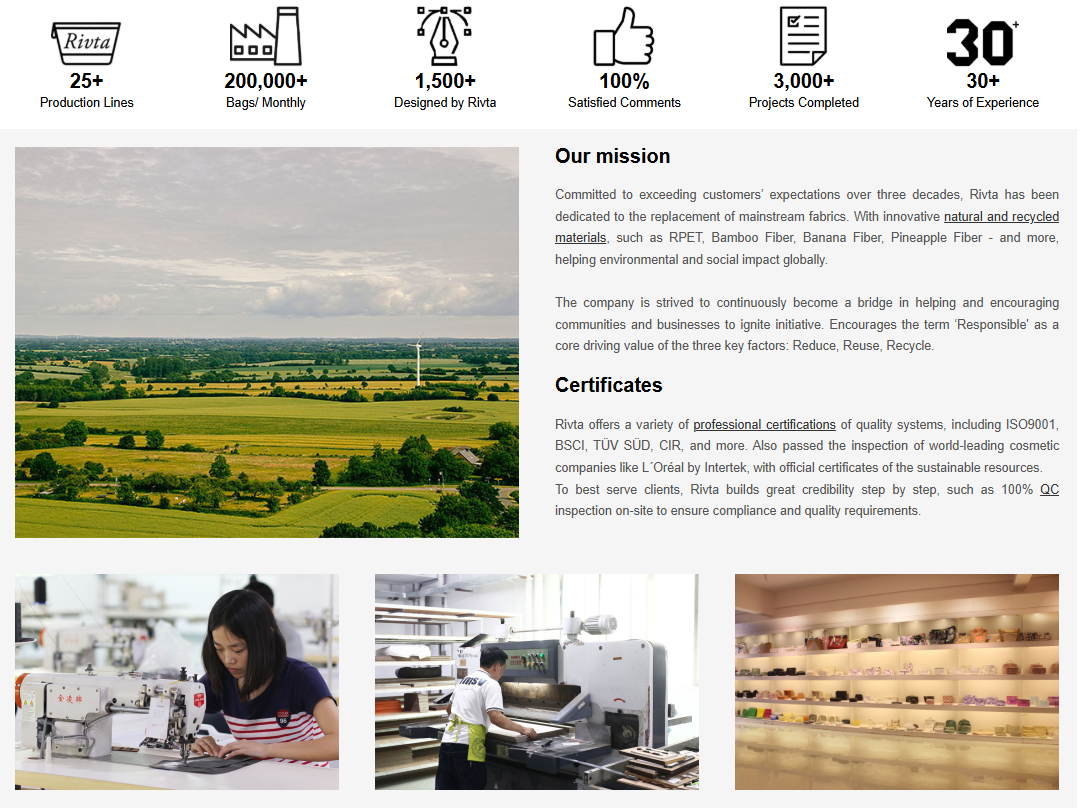
Rivta's approach to partnership is built on supporting brands in achieving their sustainability goals without compromising on quality or design. Our deep understanding of materials allows us to guide you through the selection process, identifying solutions that offer the perfect balance of environmental benefit, durability, and aesthetic appeal. We believe that true luxury in today's market is inextricably linked to responsibility, and we are equipped to help your brand embody this principle through every custom-made cosmetic bag.
Here's a closer look at Rivta's commitment to sustainable manufacturing:
| Aspect | Rivta's Commitment | Benefit for Brands |
|---|---|---|
| Founding & Experience | Established 1990s, decades of manufacturing expertise. | Reliable partner with deep industry knowledge and proven track record. |
| Product Positioning | Custom-made, mid-to-high end eco-friendly cosmetic bags. | Access to premium, tailored solutions that meet evolving market demands. |
| Material Innovation | Expertise in diverse eco-friendly materials, including bamboo fiber. | Access to cutting-edge sustainable options and material guidance. |
| Design & Customization | Original designs, extensive customization capabilities. | Unique, brand-aligned products that stand out in the market. |
| Ethical Production | BSCI and SEDEX certified. | Assurance of fair labor practices and responsible supply chain. |
| Quality Management | ISO9001 certified. | Consistent product quality and adherence to international standards. |
| Scale | Medium-scale manufacturer. | Flexibility and responsiveness, balancing capacity with personalized service. |
By partnering with Rivta, brands gain access to a wealth of experience, a commitment to innovation, and a verified dedication to sustainable and ethical manufacturing. This collaboration enables brands to not only meet but exceed consumer expectations for responsible luxury, translating into tangible business success.
VI. The Business Case for Bamboo Fiber: Real Results for Brands

For experienced buyers—particularly those curating collections in the gifting and home accessories space—the core question is always about value: not just environmental impact, but tangible business outcomes. So, beyond their obvious eco-benefits, what makes bamboo fiber cosmetic bags a smart strategic choice? The answer lies in a compelling intersection of shifting consumer behavior, evolving market dynamics, and forward-looking brand positioning.
Meeting a Growing Market Demand
Sustainability is no longer a niche—it's mainstream. Consumers are actively seeking brands that reflect their values, and eco-consciousness is now a key factor in purchase decisions. Offering bamboo fiber cosmetic bags directly responds to this demand, signaling that a brand not only listens but leads. In the gifting market especially, where intention and meaning matter, products made from natural, responsibly sourced materials enhance the emotional and ethical value of the gift itself.
Strengthening Brand Reputation
In a landscape where corporate responsibility is constantly under the microscope, authenticity matters. Adopting genuinely sustainable materials like bamboo fiber reinforces a brand's integrity, appealing to increasingly discerning consumers. For a company like The White Company, known for quality and refined lifestyle branding, the integration of bamboo accessories isn't just a product choice—it's a narrative extension. It affirms a commitment to responsible luxury and deepens consumer trust.
Creating a Distinctive Edge
In a saturated market, standing out is essential. Bamboo fiber offers a rare blend of rapid renewability, antibacterial properties, and a soft, luxurious feel—qualities that few materials can match. While many brands talk about sustainability, few can offer a tactile, differentiated product that tells a story of both elegance and environmental care. For buyers, this means not just following trends, but setting them.
Building Long-Term Value
Sustainable materials like bamboo are more than a seasonal statement—they're a future-proof investment. As regulations tighten and resources grow scarcer, brands that have already integrated responsible sourcing will be better positioned to adapt. Choosing bamboo now supports long-term business resilience while aligning with a global shift toward greener practices. For strategic buyers, it's not just about today's appeal—it's about tomorrow's relevance.
In essence, bamboo fiber cosmetic bags are far more than functional accessories. They are brand storytellers, customer loyalty builders, and strategic assets. Beautiful, responsible, and market-savvy—they embody the kind of innovation today's consumers admire and tomorrow's market demands.
VII. A Sustainable Future, One Bag at a Time
The journey towards a more sustainable future is a collective endeavor, and every choice, no matter how small, contributes to its realization. In the realm of luxury and gifting, the adoption of bamboo fiber cosmetic bags represents a powerful step forward. As we have explored, these remarkable products offer a compelling blend of environmental responsibility and premium appeal, providing brands with a genuine opportunity to transform their identity and resonate deeply with today's conscious consumer.
From its astonishing renewability and natural antibacterial properties to its luxurious feel and robust durability, bamboo fiber stands as a testament to nature's capacity to provide solutions for our modern needs. When combined with thoughtful design and the meticulous craftsmanship offered by partners like Rivta, these cosmetic bags become more than just accessories; they become symbols of a brand's unwavering commitment to quality, ethics, and a healthier planet.
For brands seeking to make a meaningful impact, to differentiate themselves in a competitive market, and to build lasting connections with a discerning clientele, the path is clear. Embrace the transformative power of bamboo fiber cosmetic bags. It is a choice that not only benefits the environment but also strengthens your brand, enhances your appeal, and contributes to a more sustainable and prosperous future, one beautifully crafted, plastic-free bag at a time.
